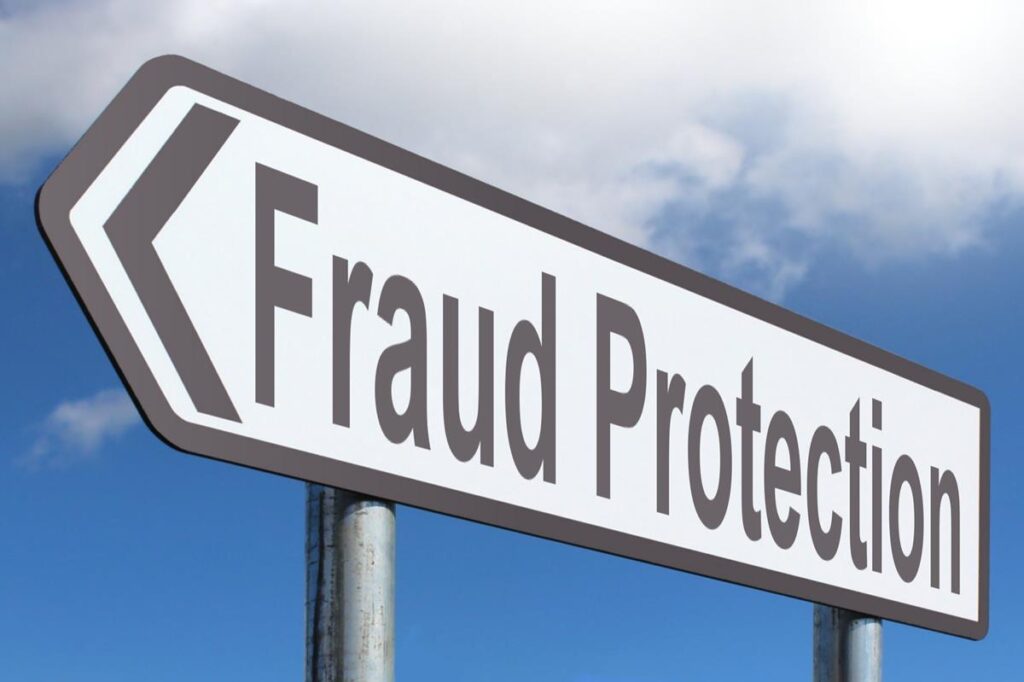This article was featured in the June 10 digital-only edition of Street Sense. Until it is safe to resume person-to-person sales, you’ll always be able to find the current digital-only edition at streetsensemedia.org/Digital Thank you for reading! Please continue to support our vendors through our mobile app (streetsensemedia.org/App).
A
mericans received more than 132 million robocalls a day in March as the COVID-19 pandemic worsened, according to The Washington Post. Scammers are taking advantage of consumers, who are spending more time at home, by bombarding them with robocalls, text scams, and phishing emails throughout the day.
This can unfortunately cause additional emotional and financial stress for consumers. That is why the Public Service Commission of the District of Columbia (DCPSC) is working hard to educate consumers on how to protect themselves from utility scams. And the best defense to a utility scam is an informed consumer.
Think you wouldn’t fall for a scam? Oftentimes you’ll hear that it’s older adults who are the most common victims, but it can happen to anyone – young, old, rich, poor, college-educated, or not. Scammers don’t care who you are. Their goal is to steal your money or your sensitive personal information.
Even before the COVID-19 pandemic, the DCPSC’s Office of Consumer Services had seen an uptick in complaints about disconnection threats, overpayment notifications, and robocalls from scammers pretending to be a utility. We’ve continued to educate consumers about the most common scams and how to spot them. Many scammers will pressure consumers into making a payment on the spot without verifying who is calling. They’ll also ask for your account number, social security number, or other personal information to steal your identity. You should know that a utility will never ask for your account number or financial information.
DCPSC has taken an active role in making sure that District residents continue to have electricity, natural gas, and telephone service. We’re also continuing to help consumers with complaints and questions about their utility bills. You can reach out to our Office of Consumer Services by phone, on our website, or social media. We also applaud Mayor Bowser and the D.C. Council for passing emergency legislation that suspends all disconnections and late fees for utility service.
To stay connected to consumers and to keep them informed, the Commission has launched two online resources:
- A COVID-19 resource page that keeps consumers informed about their utility service, how to pay their bills, and consumer assistance programs.
- The Fight Utility Scams, a one-stop shop microsite for consumers that provides tips, videos and community resources to help them respond to scams, such as individuals impersonating utility representatives over the phone, online or in person.
We’re asking you to join our fight by informing your family, neighbors, and community groups about scams and how to avoid them. Many scammers target neighborhoods individually, so more than likely you already know someone who’s been contacted by a scammer. We want utility consumers to feel empowered by being informed and taking control of the conversation.
If you need assistance with your utility bills and to stay informed, you can connect with the DCPSC in the following ways:
202-626-5100
Find the DCPSC on Facebook, Twitter, YouTube, Instagram, and LinkedIn.
Willie L. Phillips is the chairman of the Public Service Commission of the District of Columbia.




